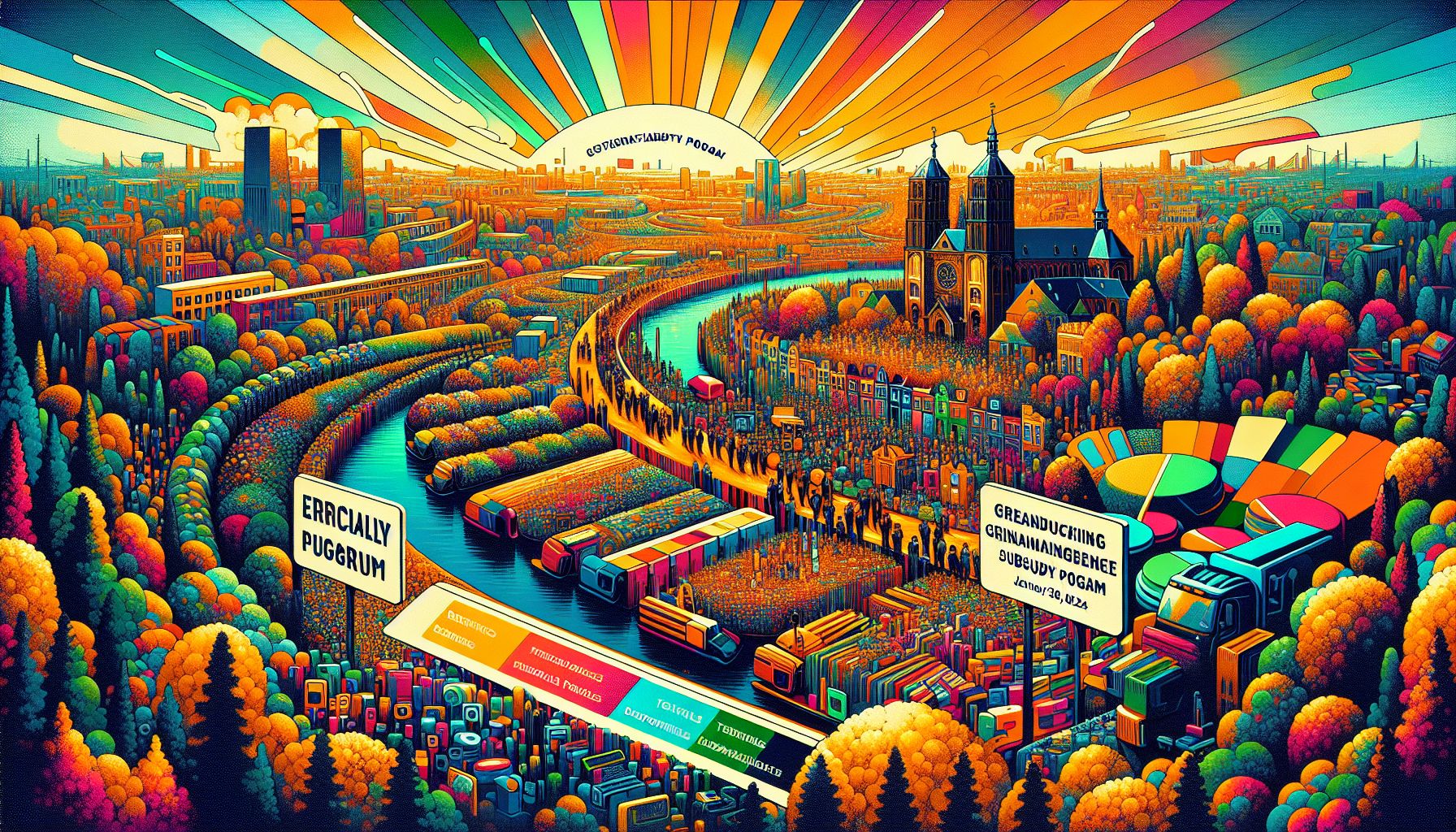Dutch Government Launches €10 Million Green Business Revolution

The Hague, Monday, 25 November 2024.
In a significant move towards sustainability, the Netherlands introduces a groundbreaking subsidy program starting January 30, 2024, targeting businesses ready to embrace circular practices. The initiative specifically supports companies in electronics, textiles, furniture, and disposable product sectors, marking a strategic step towards the nation’s 2050 circular economy goals. The program uniquely combines financial support with practical implementation guidance, helping businesses transition from traditional to circular operational models.
Strengthening Circular Processes
The new subsidy, managed by the Rijksdienst voor Ondernemend Nederland (RVO), aims to fortify circular practices by encouraging businesses to engage in reuse, repair, and recycling. With a focus on transforming consumption patterns, this initiative targets sectors including electronics, textiles, and durable goods, offering financial aid to integrate innovative circular techniques. By doing so, it supports companies in closing the loop on their product and material chains, reducing waste and minimizing carbon emissions.
Impact on Industries
Industries such as those dealing with electronics and textiles stand to benefit significantly. For instance, electronics companies can apply for support to refurbish and recycle devices, while textile firms might explore advanced recycling technologies. The program also extends to businesses focusing on diaper recycling and reusable packaging solutions. This aligns with the broader Transitieagenda Consumptiegoederen, a strategic agenda for consumer goods aimed at reducing environmental impact.
Path to a Circular Economy
The Netherlands is ambitiously paving its way to a fully circular economy by 2050. This subsidy acts as a catalyst, encouraging industries to rethink and redesign their operations. By supporting businesses in adopting circular methods, the program not only aids in reducing CO2 emissions but also enhances economic resilience. The RVO’s existing frameworks for circular project development and R&D are further bolstered by this initiative, providing a comprehensive support system for sustainable business transformation.
Practical Implementation
A prominent example of the subsidy in action is a textile repair company that has expanded its digital infrastructure to collect and recycle clothing from customers. This innovative approach not only extends the lifecycle of textiles but also fosters new business models in the circular economy. Companies are encouraged to collaborate, leveraging shared resources and knowledge to scale their circular initiatives effectively.

